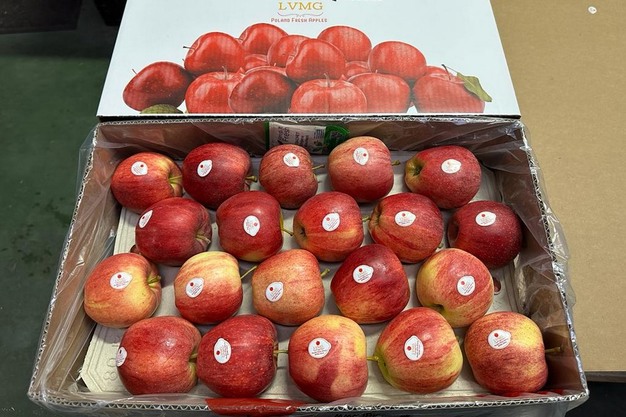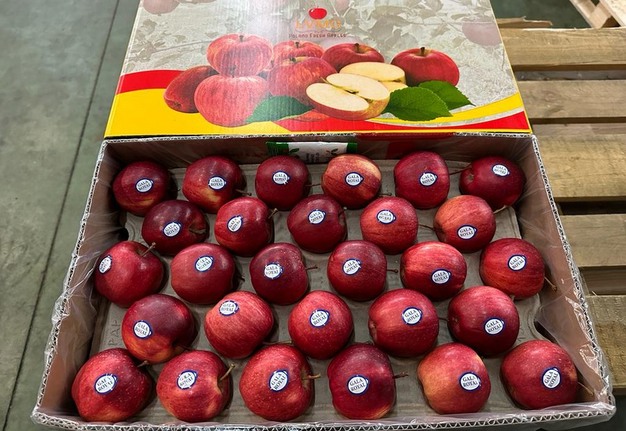The disruption to shipping from Europe to Asia is a real problem for Polish apple growers. Aniruddh Ramesh, director of Polish apple exporter LVMG Grupa, explains: “There has been a lot of disruption to trade outside the EU, especially to markets in the Middle East, India and the Far East, due to the ongoing attacks on commercial ships in the Suez canal, or the Gulf Aden, to be accurate. Generally, the post-Christmas period is the start of the high demand season, but this issue has created a lot of confusion, panic and lot of stress among us and I presume other exporters as well from EU.”

According to Ramesh, the clients are still ordering apples at a good rate, but fulfilling orders in a timely manner is challenging. “The demand for apples is as expected, but the fulfilment is slow. India is looking very promising at the moment, but we are very cautious with the export and are distributing our volume from a couple of seaports, to make sure our all our cargo doesn’t get disrupted. As the biggest challenges are with the shipping logistics. With its longer transit time, additional costs and less availability of carriers, this has caused a great amount of stress for us.”
As the transit time has increased, so have the requirements of apples in terms of shelf-life, Ramesh states: “The procurement of fruits with high quality, which will need to withstand a longer transit to these destinations, are equally challenging. This season, apples generally are not very strong with firmness. We buy from different growers regularly, who’ve had stronger fruits in previous seasons, but have much weaker ones this season at the same point of the year.”

For Ramesh it’s vital that the disruption to the logistics come to an end as soon as possible. “Ships are traveling around Africa to get towards Asia, which means an additional 14 days for the transit. Also, ships departing Europe are delayed due to the delay of incoming vessels, so a combination of delay in transit and extremely very strong fruits are a challenge for the business. The biggest relief would be to see shipping get back to normal, with the rates we had at the beginning of the season. This would certainly bring back the smile among our customers, who are also complaining about these increased rates and the longer waiting time for their cargo.”
Ramesh has recently attended the TSW fair in Poland and is always interested in new things being showcased at the event: “What we look forward to the most at TSW is to see nurseries showcasing new clones of apples. During the event we see if these apples have a potential for sale in our markets. Every year there is something new and we are always excited to see if it works for us. Apart from that, it’s always very interesting to see new agri-tech developments for the industry, for both the farm and for the packing house,” he concludes.
For more information:
Aniruddh Ramesh
LVMG Grupa Sp.z o.o.
Email: [email protected]
http://www.lvmg.pl
